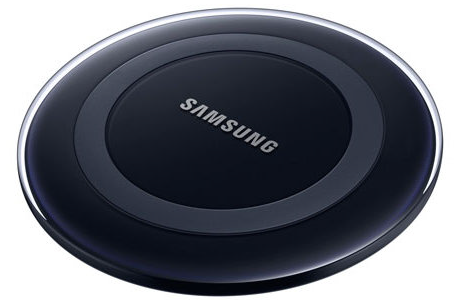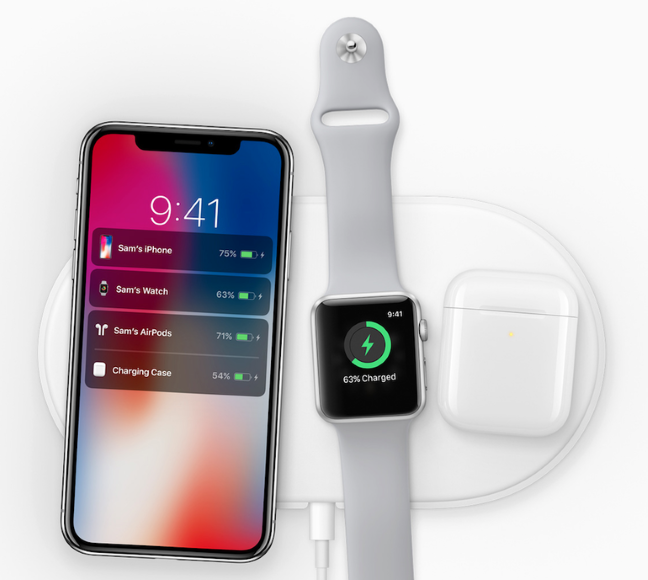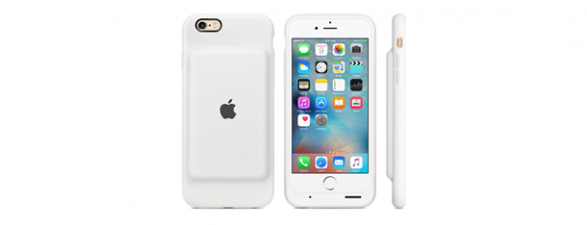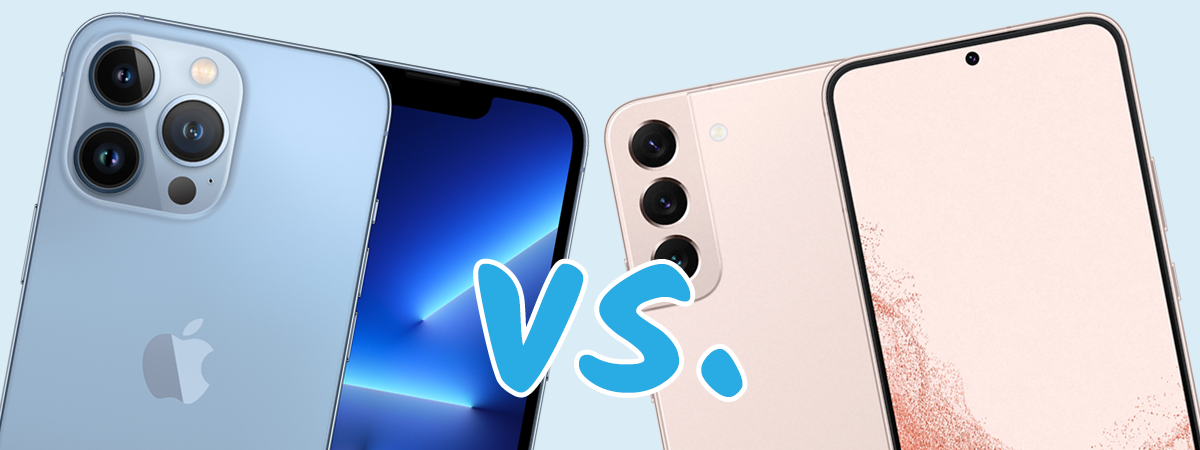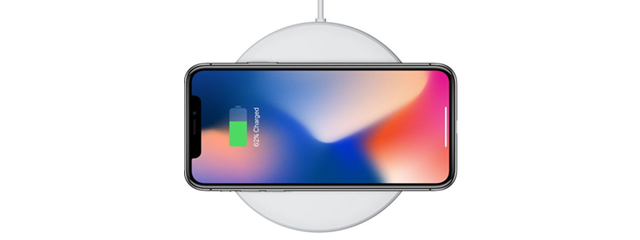
Apple has announced the launch of three new smartphones: iPhone 8, iPhone 8 Plus and iPhone X. If you have watched any news channel, you surely heard about it. One feature that surprised us about these smartphones is not the processor they use or the quality of their cameras, but the fact that they have adopted wireless charging: a technology that has been around for five years. Not only that but Apple has also decided to adopt an industry standard instead of creating its own. That's a move that most people would never expect from Apple. What's happening to the company from Cupertino? Will the world end soon?
Apple is adopting Qi universal wireless charging
The new iPhone 8, iPhone 8 Plus and iPhone X feature wireless charging for the first time on an iPhone device. Wireless charging has been available on smartphones since 2012, when Nokia adopted the Qi charging standard. Next, Google adopted it later that year on the Nexus 4. Since then, this standard has been adopted by many smartphone manufacturers, including Samsung, Huawei, HTC, Motorola, ASUS, and Sony. Until September 2017, there were hundreds of smartphones with wireless charging on the market, but no iPhones.
This changes with the launch of the iPhone 8, iPhone 8 Plus and iPhone X, and it is going to be the first time when iPhone users can charge their smartphones the same way as the rest of the industry.
Therefore, if you have an Android smartphone with wireless charging, like Samsung Galaxy S7 and you want to switch to iPhone X, you can use your "old" Samsung Wireless Charging Pad to charge your iPhone X.
However, Apple will also launch their charging station, named AirPower. It is a mat that is large enough to fit your iPhone 8 or iPhone X, as well as your Apple Watch, and even AirPods (if you have a wireless charging case accessory). The AirPower mat will simultaneously charge all three devices, and it will be available in 2018. At this time it is not clear how much it will cost and when exactly it will become available.
Apple has a history of ignoring or ditching industry-wide standards
We are surprised to see Apple adopting a universal standard, because the company has a history of ignoring or ditching industry-wide standards and making their version of everything.
A recent example is last year's iPhone 7: Apple decided to stop using the headphone jack and enforce the use of wireless headphones, like their expensive AirPods.
Another significant example is USB Type C: the USB Type C connector and the USB 3.1 standard have been widely adopted by the tech industry starting in 2015. We see USB Type C on all premium smartphones with Android and Windows 10 Mobile, we see it on many mid-range smartphones too, on gaming laptops, ultrabooks, even on the new MacBooks produced by Apple. This connector has many advantages, including the fact that it is reversible and you can insert it with either of its two long sides up. Also, it can transfer data at very fast speeds (up to 10 Gbps) and can be used to output around 100 watts of power, which is enough power even for laptops, not only smartphones and tablets.
Sadly, iPhone 8, iPhone 8 Plus and iPhone X are stuck with Apple's proprietary Lightning cable for normal charging and wired connections. Why? Because Apple makes more money from using cables that are licensed through their MFi accessory program. That's why they also ditched the headphone jack. It meant more profit.
What standard will Apple adopt next?
We are pleased with Apple's decision of adopting an industry standard and making it easy for users to charge their new iPhones, especially when they use more than one mobile ecosystem. Apple could have tried to force its own wireless charging standard on the world and limit iPhone users to use proprietary wireless charging accessories, that would have increased the company's profits. We hope that this change in perspective will open the door to an Apple that's more keen on adopting industry standards.
What do you think? Will Apple adopt other industry standards too? If if yes, which standard do you think they will adopt next?


 17.09.2017
17.09.2017 